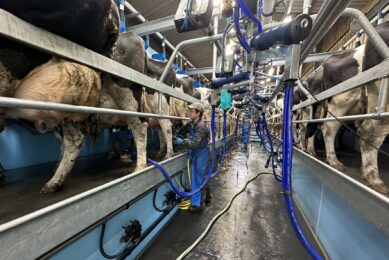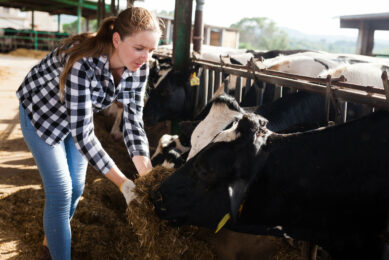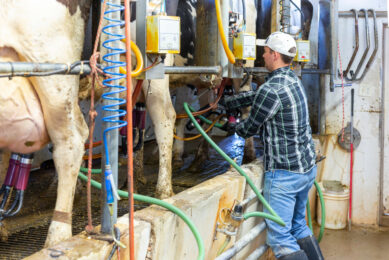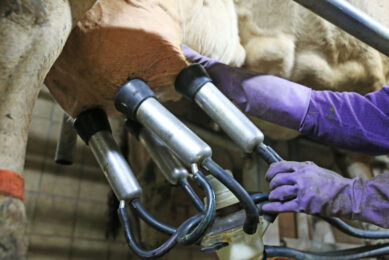Israel opens market: Farmers are worried
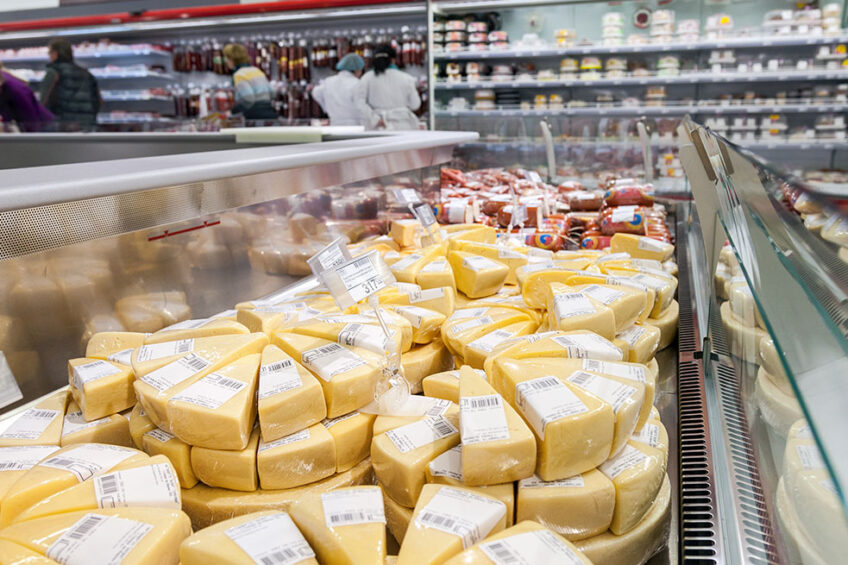
Dairy farmers in Israel are concerned now that the country’s government has opened the doors to imports on January 1, 2019.
Israel is one of the world’s top dairy producers having climbed the ranks since the 1950s with the aid of effective breeding policies and technology. It has around 135,000 dairy cows producing 1.56 billion litres of milk per year on a quota system.

Regulating the dairy industry
There are less than 800 dairy farms in the country which have, until now, been able to supply the home market with fresh milk, cottage cheeses and yoghurts. Those farms comprise of 625 Moshav farms which are private family owned, and 162 Kibbutz farms, which are cooperative run dairy farms. On January 1, 2019 the Israeli government opened its doors to dairy imports in a bid to increase trade and become more competitive. Back in October, the Israeli government signed an agreement with farmers that will regulate the dairy industry there over the next 10 years. While the agreement demands a reduction in import duties, raw milk prices are also expected to fall but farmers will be compensated for the reduction by means of grants and investments from the Treasury.
Farming in Northern Israel
Dairy farmer Jonathan Amir runs a 70 cow milking herd at HaYogev in northern Israel, which falls under the jurisdiction of Jezreel Valley. The combined herd average of Jonathan’s herd is a respectable 11,000 litres per cow per year at 4% butterfat, 3.6% protein and a Somatic Cell Count of 200,000. “Our cows are all kept in the open air, albeit under a shade,” said Jonathan. “We do not have any cubicles but have to keep the animals cool as temperatures do reach 38 to 40°C. Our farm is only 100 metres above sea level therefore we do have a high humidity as well as the heat. “Heat stress can have terrible consequences on the cows so at night our fans run above 20°C to keep them cooler. We did have snow once here in 1991 for 2 days,” he added. Jonathan also sprays his cows 5 times per day with a fine mist to try and keep their body temperatures down especially in the peak hot times of the day.” All of our cows are fed in their enclosure. There is no outdoor grazing in Israel like in Ireland or New Zealand. “We feed a Total Mixed Ration and use silage, wheat, corn, winter crops and sunflower seeds. Feed costs accounts for 60% of our cost of production,” added Jonathan. All Jonathan’s milk goes to the Strauss Group dairy processor which pays him 1.99 Israeli New Shekels per litre which is around € 0.47 per litre. Jonathan said his Norwegian Red cows are well suited to the region and perform well despite the harsh climatic conditions. “They are good milkers,” he said. “Plus their milk is of good quality.
Concerned about a deluge of cheap imports
The agreement made by the Israeli government both includes grants and investment for dairy growers and opens the market to imports, with a gradual reduction in customs duties. Nevertheless, Israel Bloch, chairman of the Israel Cattle Breeders Association and Jonathan are concerned for the future of dairying in Israel. Jonathan said: “Our government wants to make us more competitive by opening the doors to imports. I don’t think they want to harm us but we are concerned about a deluge of cheap imports hurting our own prices. “We do not export very much so these imports could see a drop in our prices,” he said. Like everywhere else in the world, Israel has a problem obtaining labour on dairy farms and has to look further afield to Thailand to find workers. Farmers have to sign 5 year contracts with their Thai employees and pay a minimum of 2,500 Shekels (€ 590) per month to them. The Thai employees can only work for that 5 year period and must return home following their contract. However, the major issue for the Israeli farmers is that they must continue to pay the workers a pension even when they are not working and have returned home.
Join 13,000+ subscribers
Subscribe to our newsletter to stay updated about all the need-to-know content in the dairy sector, two times a week.



